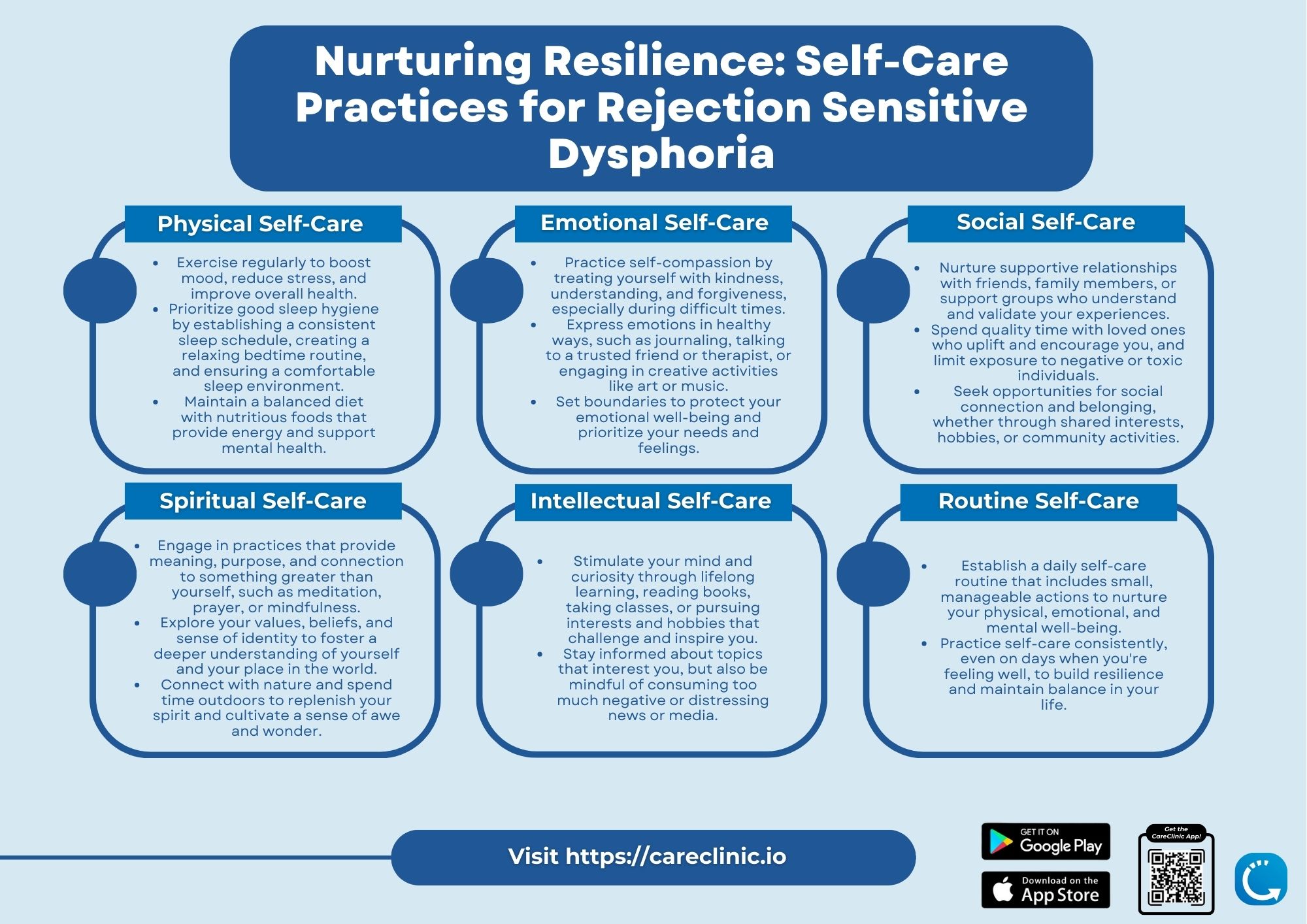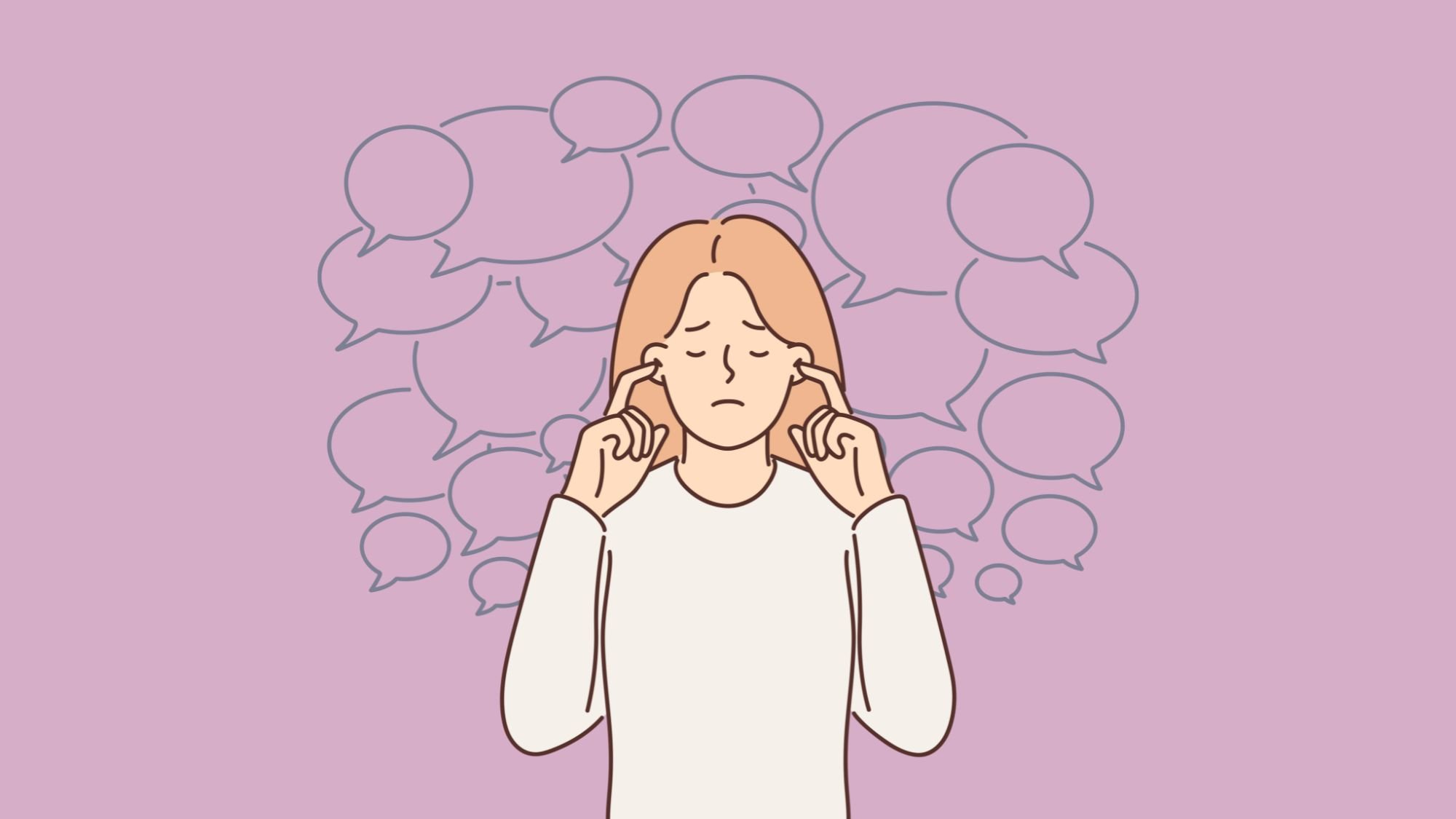
Rejection Sensitivity Dysphoria (RSD) can be a challenging condition to navigate. But with the right strategies and support, it is possible to effectively cope and improve your quality of life. In this article, we will explore the key components of understanding and managing RSD. Including its definition, symptoms, impact on daily life, psychological basis, diagnosis, self-help strategies, and building supportive relationships. By implementing effective rejection-sensitive dysphoria coping strategies, you can take steps towards better emotional processing and resilience.
Understanding Rejection Sensitive Dysphoria
Defining Rejection Sensitive Dysphoria
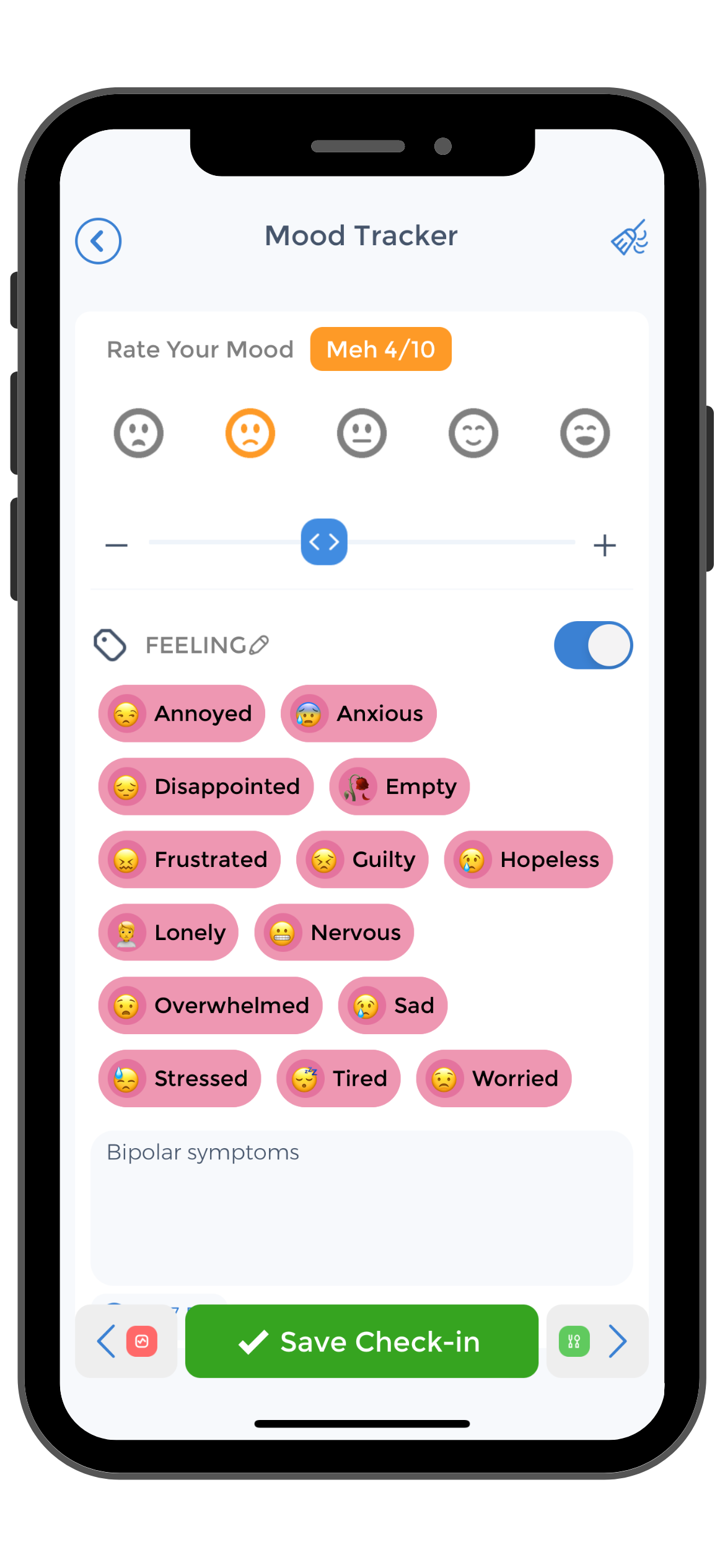 Rejection Sensitive Dysphoria is an intense emotional response triggered by the perception of rejection, criticism, or failure. It is commonly associated with conditions such as Attention Deficit Hyperactivity Disorder (ADHD) and can significantly impact an individual’s emotional well-being and overall functioning.
Rejection Sensitive Dysphoria is an intense emotional response triggered by the perception of rejection, criticism, or failure. It is commonly associated with conditions such as Attention Deficit Hyperactivity Disorder (ADHD) and can significantly impact an individual’s emotional well-being and overall functioning.
Individuals experiencing Rejection Sensitive Dysphoria may find themselves in a constant battle with their emotions. As even the slightest hint of criticism or rejection can lead to overwhelming feelings of distress. This emotional response can be all-consuming, making it challenging for individuals to navigate social interactions and handle everyday challenges.
Support from friends, family, and mental health professionals is crucial. Understanding and self-compassion help individuals recognize RSD patterns and respond more effectively. With the right strategies, those with RSD can improve their emotional well-being and relationships.
Common Symptoms and Signs
If you experience Rejection Sensitive Dysphoria, you may exhibit symptoms such as extreme sensitivity to criticism or perceived rejection, feelings of worthlessness or inadequacy, fear of judgment, and heightened emotional reactions to everyday situations. It is crucial to recognize these symptoms as they can guide you towards effective coping strategies.
In addition to the emotional toll it takes, Rejection Sensitive Dysphoria can also manifest physically. Leading to symptoms such as headaches, muscle tension, and fatigue. These physical manifestations further highlight the interconnectedness of mental and physical health. Emphasizing the importance of addressing both aspects when managing this condition.
The Impact on Daily Life
Living with Rejection Sensitive Dysphoria can be challenging. As it can affect various aspects of your daily life. It may interfere with your relationships, work performance, and overall emotional well-being. Recognizing the impact it has on your life is an essential first step towards implementing effective coping mechanisms.
Furthermore, the impact of Rejection Sensitive Dysphoria extends beyond the individual. Affecting those around them as well. Loved ones may struggle to understand the intense emotional responses and behaviors associated with this condition. Leading to strained relationships and misunderstandings. Building awareness and fostering open communication within your support system is crucial in navigating these challenges together.
[1]
The Psychological Basis of Rejection-Sensitive Dysphoria
The Role of Dopamine
Dopamine, a neurotransmitter involved in regulating emotions and pleasure, is thought to play a significant role in Rejection Sensitive Dysphoria. It is believed that individuals with RSD may have dysregulated dopamine levels, leading to heightened emotional responses to rejection or criticism.
Research suggests that dopamine not only influences our mood but also plays a crucial role in motivation and reward processing. In individuals with RSD, alterations in dopamine signaling pathways may contribute to a hypersensitivity to perceived rejection, triggering intense emotional reactions that can be overwhelming and distressing.
The Connection to ADHD Symptoms
Rejection Sensitive Dysphoria often coexists with ADHD, a neurodevelopmental disorder characterized by symptoms such as difficulty paying attention, impulsivity, and hyperactivity. The interplay between RSD and ADHD can complicate emotional regulation and intensify the impact of rejection on individuals.
Individuals with ADHD may already face challenges in regulating their emotions and impulses due to differences in brain functioning. When RSD is present alongside ADHD, the emotional responses to rejection can be magnified. Leading to a heightened sense of distress and self-criticism. Understanding the complex relationship between these two conditions is crucial for developing effective interventions that address both the emotional and cognitive aspects of individuals’ experiences.
Diagnosis and Treatment Options
How is Rejection Sensitive Dysphoria Diagnosed?
Diagnosing and managing Rejection Sensitivity Dysphoria can be complex. As it is commonly observed in individuals with ADHD. Consulting a mental health professional, such as a psychiatrist or psychologist, is essential for an accurate diagnosis. They will consider your symptoms, medical history, and conduct comprehensive assessments to determine the presence of RSD.
It is important to note that Rejection Sensitive Dysphoria (RSD) is not yet recognized as a distinct mental health condition in the Diagnostic and Statistical Manual of Mental Disorders (DSM-5). Therefore, clinicians often rely on clinical observations and patient reports to identify and assess the symptoms associated with RSD. The overlap of symptoms between RSD and other conditions, such as anxiety disorders or mood disorders, further complicates the diagnostic process, highlighting the need for thorough evaluation by trained professionals.
Medication and Therapy Options
Once diagnosed, treatment options for Rejection Sensitive Dysphoria may include a combination of medication and therapy. Medications such as selective norepinephrine reuptake inhibitors (SNRIs) can help regulate emotional responses. Therapy, such as cognitive-behavioral therapy (CBT), can provide useful tools to manage emotional instability and learn healthier coping strategies.
In addition to medication and therapy, lifestyle modifications and self-care practices can also play a crucial role in managing Rejection Sensitive Dysphoria. Engaging in regular physical activity, maintaining a balanced diet, practicing mindfulness and relaxation techniques, and establishing a strong support network are all important aspects of holistic treatment for individuals with RSD. By addressing the condition from multiple angles, individuals can enhance their overall well-being and improve their quality of life.
Self-help Strategies for Managing Rejection Sensitive Dysphoria
Mindfulness and Meditation Techniques
Mindfulness and meditation techniques can be effective self-help strategies for managing Rejection Sensitive Dysphoria. Engaging in daily mindfulness practices, such as deep breathing exercises or guided meditation, can enhance self-awareness, reduce emotional dysregulation, and promote overall well-being. By taking the time to connect with your inner self and cultivate a sense of calm, you can develop a greater understanding of your emotions and how they relate to rejection.
Imagine yourself in a serene setting, surrounded by the gentle sounds of nature. As you close your eyes, you feel the cool breeze on your skin, bringing a sense of tranquility. With each deep breath, you release any tension or negative energy, allowing yourself to fully embrace the present moment. Through this practice, you learn to observe your thoughts and emotions without judgment, fostering a compassionate and accepting attitude towards yourself.
Cognitive Behavioral Strategies
Cognitive-behavioral strategies focus on identifying and challenging negative thoughts or beliefs associated with rejection or criticism. By reframing negative self-perceptions and developing more realistic and positive thinking patterns, you can effectively cope with Rejection Sensitive Dysphoria. Consider using the journaling feature on CareClinic to track your thoughts, emotions, and progress as you navigate through cognitive-behavioral strategies.
Imagine yourself sitting in a cozy corner, pen in hand, ready to explore the depths of your mind. As you write down your thoughts and feelings, you begin to unravel the intricate web of negative self-talk that has held you back. With each word, you challenge the validity of these thoughts, replacing them with empowering affirmations. Through this process, you gain a newfound sense of control over your emotions, allowing you to navigate rejection with resilience and self-assurance.
Emotional Regulation and Self-Care
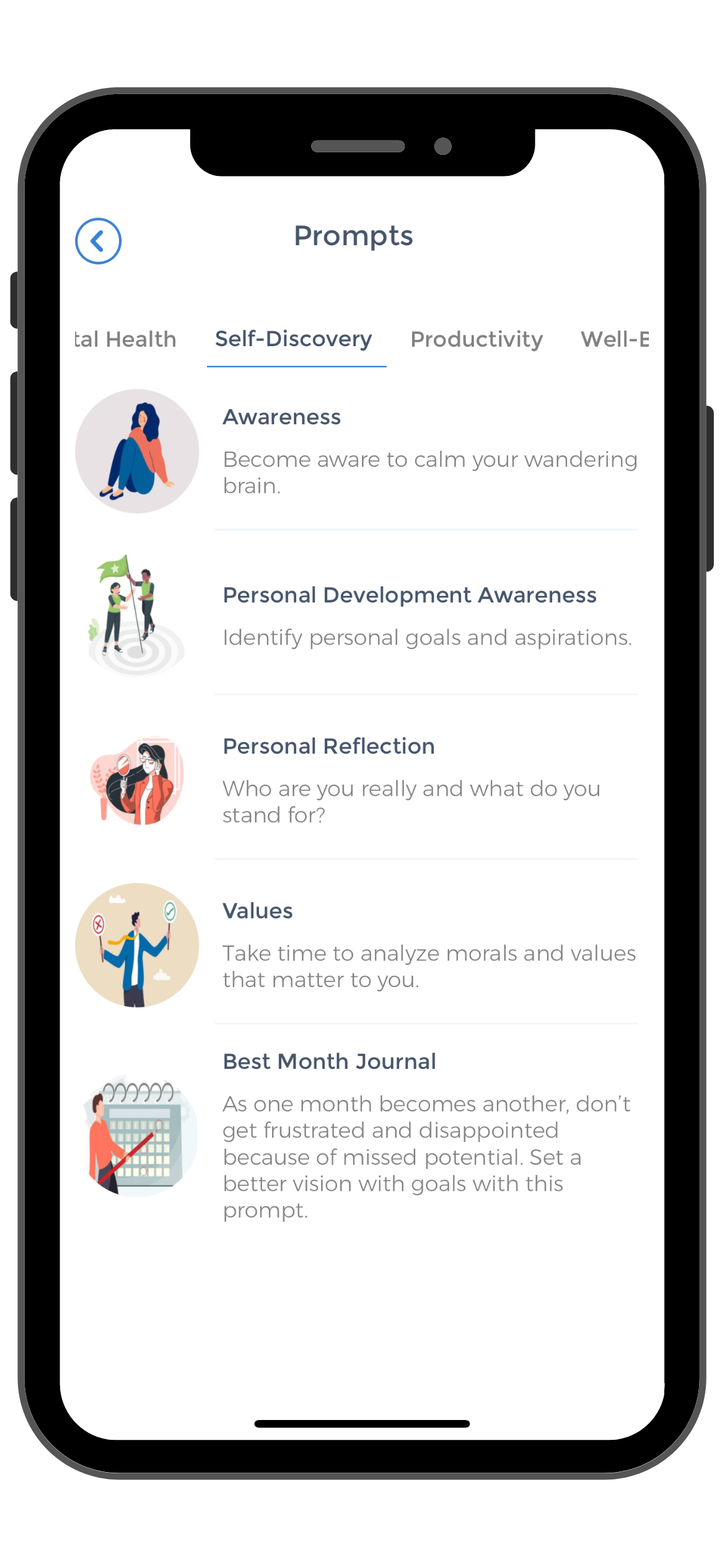 Engaging in activities that promote emotional regulation and self-care is crucial for managing Rejection Sensitive Dysphoria. Regular exercise, getting enough sleep, maintaining a balanced diet, and engaging in hobbies that bring you joy and relaxation can significantly contribute to emotional well-being. Utilize the reminders and habit tracking features on CareClinic to establish self-care routines and maintain consistency.
Engaging in activities that promote emotional regulation and self-care is crucial for managing Rejection Sensitive Dysphoria. Regular exercise, getting enough sleep, maintaining a balanced diet, and engaging in hobbies that bring you joy and relaxation can significantly contribute to emotional well-being. Utilize the reminders and habit tracking features on CareClinic to establish self-care routines and maintain consistency.
Picture yourself in a peaceful oasis, surrounded by lush greenery and the soothing sound of a waterfall. As you engage in physical activities that bring you joy, such as dancing or hiking, you feel a surge of endorphins, lifting your spirits and providing a natural boost to your emotional well-being. Nourishing your body with wholesome foods and ensuring you get enough restful sleep further supports your ability to regulate your emotions, empowering you to face rejection with resilience.
[2][3]
Building Supportive Relationships
Communicating about Rejection Sensitive Dysphoria
Open and honest communication is key when building supportive relationships while managing Rejection Sensitive Dysphoria. Expressing your feelings and explaining your condition to trusted friends, family, or partners can help them understand your emotional challenges better. Consider using the CareClinic app’s Share Report feature to share insights into your emotional well-being with your loved ones, fostering understanding and empathy.
When communicating about Rejection Sensitive Dysphoria, it can be helpful to provide examples of situations that trigger an intense emotional response. By sharing specific instances where you have experienced heightened sensitivity to perceived rejection, you can give your loved ones a clearer understanding of what you go through. This can also help them recognize potential triggers and adjust their behavior accordingly, creating a more supportive and understanding environment.
Establishing Healthy Boundaries
Establishing healthy boundaries is essential for protecting your emotional well-being while managing Rejection Sensitive Dysphoria. Learn to identify situations and relationships that may trigger heightened emotional responses and consider setting boundaries to protect yourself from unnecessary stress or criticism. Use the CareClinic app’s goal-setting feature to establish and track your progress in implementing healthy boundaries in various areas of your life.
Setting boundaries can be challenging, especially when it involves saying “no” to others. It’s important to remember that establishing boundaries is not selfish; it’s an act of self-care. By clearly communicating your limits and needs, you prioritize your emotional well-being and create a healthier relationship dynamic. The CareClinic app can help you stay accountable to your boundary-setting goals and provide a sense of accomplishment as you make progress.
Seeking Professional Support
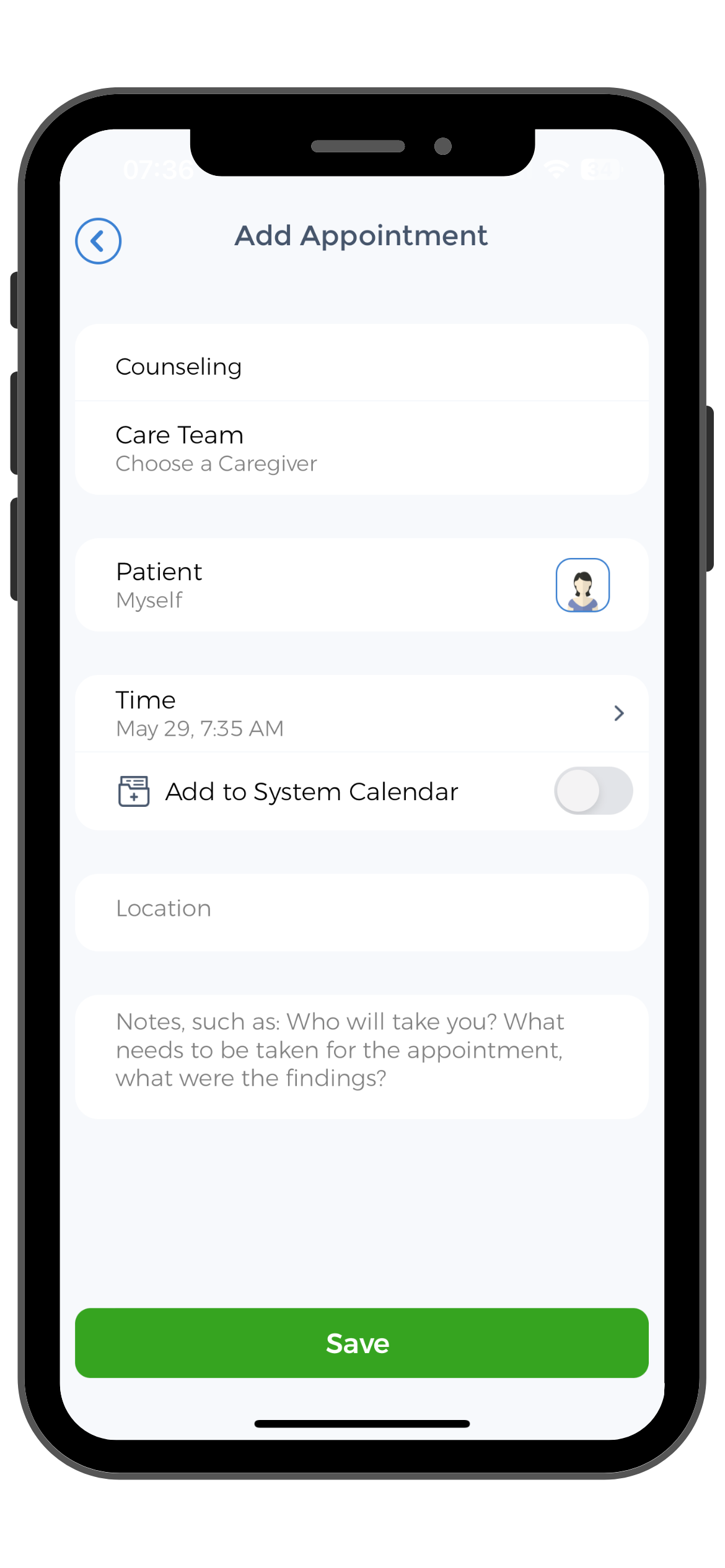 Seeking professional support from therapists or support groups can provide valuable guidance and resources for coping with Rejection Sensitive Dysphoria. Therapists who specialize in ADHD and emotional regulation can offer tailored therapeutic interventions to help you navigate the challenges associated with RSD. Look for therapists who utilize platforms like CareClinic to enhance your treatment experience and seamlessly integrate your self-help strategies with professional guidance.
Seeking professional support from therapists or support groups can provide valuable guidance and resources for coping with Rejection Sensitive Dysphoria. Therapists who specialize in ADHD and emotional regulation can offer tailored therapeutic interventions to help you navigate the challenges associated with RSD. Look for therapists who utilize platforms like CareClinic to enhance your treatment experience and seamlessly integrate your self-help strategies with professional guidance.
Professional support can be instrumental in developing effective coping mechanisms and strategies to manage Rejection Sensitive Dysphoria. Therapists can provide a safe space for you to explore your emotions, develop resilience, and learn techniques to regulate your emotional responses. Support groups can also offer a sense of community and understanding, connecting you with individuals who share similar experiences. The CareClinic app can be a valuable tool in complementing your therapy sessions, allowing you to track your progress and monitor your emotional well-being.
Rejection Sensitive Dysphoria can present various emotional and functional challenges. However, by understanding the condition, seeking appropriate diagnosis and treatment, implementing self-help strategies, and fostering supportive relationships, it is possible to effectively cope and improve your well-being. Embrace the power of self-care, utilize resources like the CareClinic app, and remember that with time, patience, and support, you can navigate through the challenges of Rejection Sensitive Dysphoria and lead a fulfilling life.
[4][5][6]
Use the CareClinic App to Monitor Extreme Emotional Sensitivity
Take control of your journey with Rejection Sensitive Dysphoria by integrating the CareClinic App into your daily routine. This comprehensive health app is designed to help you track symptoms, manage medication, and implement coping strategies effectively.
With features like mood tracking, you can monitor your emotional pain patterns and identify triggers related to RSD. The app’s medication reminder ensures you stay on top of your treatment plan, contributing to improved health outcomes.
Download the CareClinic App Today
By using the CareClinic App, you create a personalized health diary that empowers you to understand and manage your condition better. The app’s reporting tools allow you to visualize progress over time, making it easier to communicate with healthcare professionals about your RSD management.
Embrace a proactive approach to your mental health and Install the App today to discover how CareClinic can support you in building resilience and maintaining emotional well-being.[7][8]
References
- “Rejection Sensitive Dysphoria (RSD): Symptoms & Treatment”. https://my.clevelandclinic.org/health/diseases/24099-rejection-sensitive-dysphoria-rsd
- “Understanding and Managing Rejection Sensitive Dysphoria | Bay Area CBT Center”. https://bayareacbtcenter.com/rejection-sensitive-dysphoria/
- “Understanding Rejection Sensitive Dysphoria And The 6 Steps To Mastering Emotional Regulation – Makin Wellness”. https://www.makinwellness.com/understanding-rejection-sensitive-dysphoria/
- “➠ Effective Communication Strategies for Rejection Sensitive Dysphoria – Mind Lucidity”. https://mindlucidity.com/effective-communication-strategies-for-rejection-sensitive-dysphoria/
- “Setting Boundaries: Protecting Against Rejection Sensitivity Triggers – EF Bomb Coach”. https://efbombcoach.com/setting-boundaries-against-rejection-sensitivity/
- “5 Steps to Manage Rejection Sensitive Dysphoria – Mental Health – eNotAlone”. https://www.enotalone.com/article/mental-health/5-steps-to-manage-rejection-sensitive-dysphoria-r13139/
- “Effective Management of Rejection Sensitivity Dysphoria (RSD): Strategies, Resources, and Empowering Knowledge”. https://scientificamerican.blog/rsd-management-strategies-resources/
- “A Systematic Review of Mobile Apps as an Adjunct to Psychological Interventions for Emotion Dysregulation – PMC”. https://pmc.ncbi.nlm.nih.gov/articles/PMC9864409/


